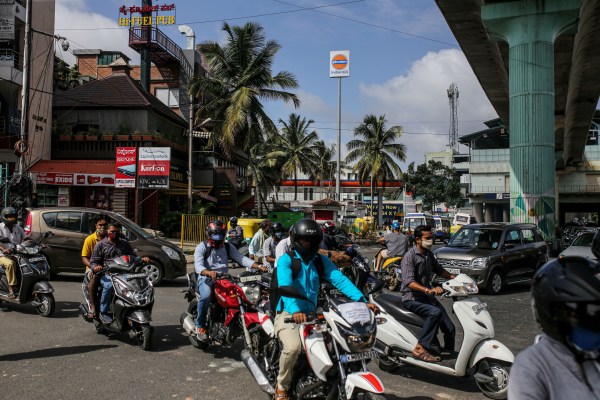Rapido, a bike taxi aggregator in India, said on Monday it has raised $52 million in a new financing round as the six-year-old startup looks to find space in a category dominated by Ola and Uber in the South Asian market.
The six-year-old startup’s new funding — Series C — was financed by Shell Ventures, Yamaha, Kunal Shah of CRED, Amarjit Singh Batra of Spotify India and Positive Moves Consulting. Existing investors Pawan Munjal of Hero Group, Westbridge, Nexus Venture Partners and Everblue Management also participated in the round, which brings its to-date raise to over $130 million.
Rapido offers its two-wheeler service in about 100 Indian cities. The startup says it has amassed over 15 million customers and 1.5 million driver-partners who it calls captains. In recent years, the startup has also expanded in the three-wheeler space, which it says recorded a growth of 4x since last year in 26 cities where it is operational in hyperlocal delivery.
In a statement, the startup said its platform, which was hit by the coronavirus pandemic that prompted India to enforce lockdowns in several states, has already seen an 85% recovery. The startup attributed growth in part to the growing e-commerce and hyperlocal delivery opportunities in India.
“Even though our product and business model are lucrative and have the potential to churn out an exceptional revenue, this fundraising indicates more of the investors’ confidence in us than the need for capital,” said Aravind Sanka, co-founder of Rapido, in a statement.
He said the startup hopes to expand to serve 50 million customers in the next 18 months. The startup plans to also deploy capital to broaden its technology stack — it’s looking to make strategic investments — and hire more people
The growth of Rapido follows a shift in India’s mobility market, where Uber and Ola flooded more than a million cabs in the past decade. In urban cities, two-wheelers and three-wheelers have proven more effective because they can zip through much faster in traffic and are more affordable.
Both Ola and Uber have also expanded to two-wheeler and three-wheeler categories in recent years, inking partnerships with firms such as Vogo and Yulu. Ola has additionally expanded into manufacturing of electric vehicles. On Sunday, it launched its first electric scooter, called Ola S1, that is priced at 99,999 Indian rupees, or $1,350. The electric scooter offers a range of 121 kilometers (75 miles) on a complete charge.
